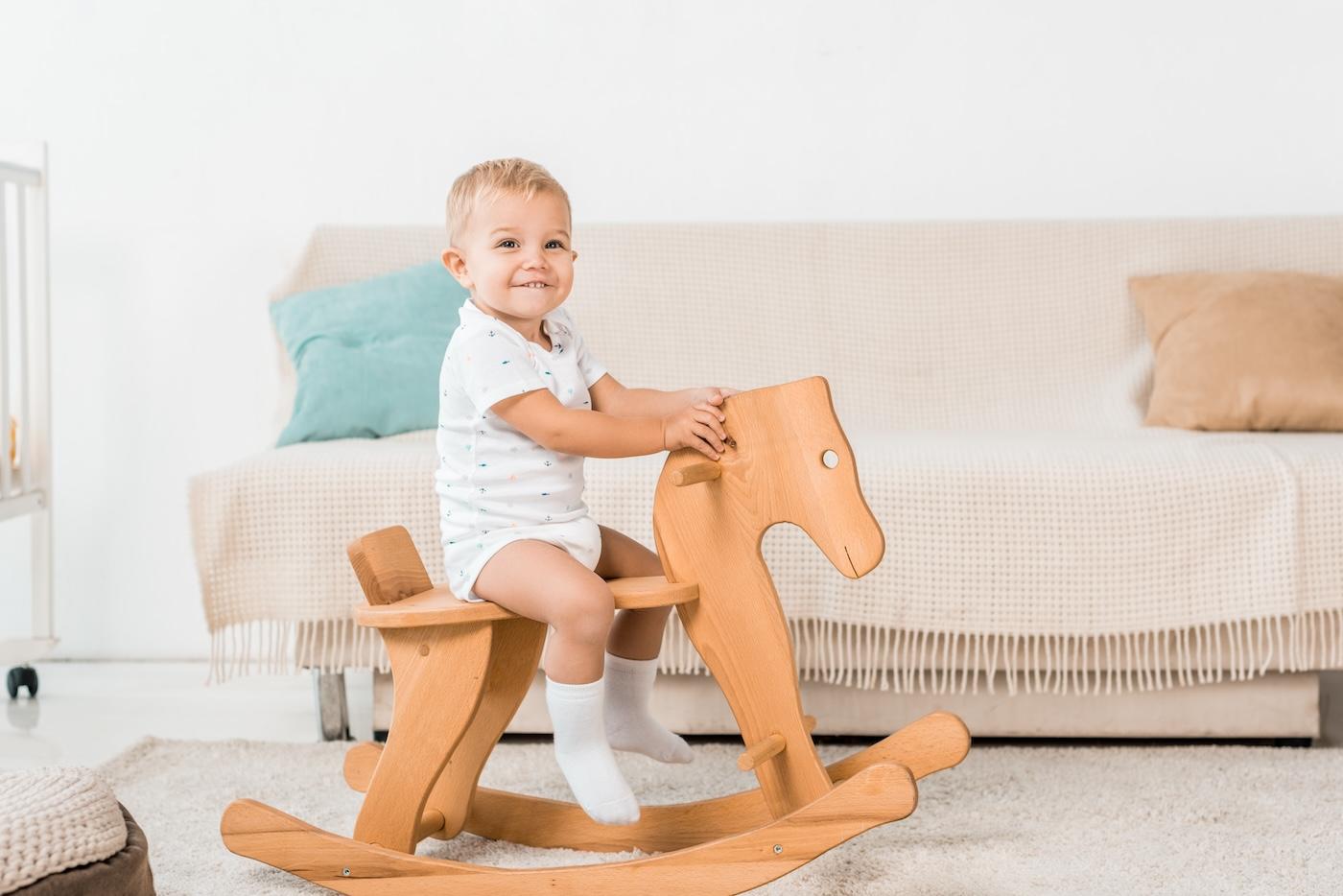BABY
Colic Remedies: Do Home and Natural Remedies for Colic Work?
Alternative treatments may not always be harmless.

Written by
Dr. Harvey Karp

Colic Remedies
Homeopathy is a philosophy of healing that teaches “like cures like.” In other words, the illnesses can be cured by giving a tiny dose of something that–in a large dose–would actually cause the very same problem. For example, a homeopath might recommend minuscule amounts of poison ivy extract to stop an itchy rash.
Some of the homeopathic treatments recommended for colic are chamomile, colocynth, magnesium phosphoric, and pulsatilla. Some parents swear by them, but there is no convincing evidence of benefit. Over $2.5 billion dollars has been spent by the National Institutes of Health to test herbal and other alternative health remedies for colicky babies. Unfortunately, almost no effective homeopathic tonics have been found.
Homeopathic Colic Remedies for Babies Aren't Always Safe
Just because a medicine is labeled homeopathic doesn’t mean it is harmless. Two medical reports have detailed how one colic treatment, named Gali-col Baby, was associated with near-death choking reactions in 12 babies.
The same skepticism relating to homeopathy surrounds claims that chiropractic or osteopathy calm crying. These anatomical approaches to colic assume a birth-related skull and/or spinal misalignment. But if birth trauma was the cause of colic, why is it that preemies never have colicky screaming…until they reach their due date? And, why does colic spontaneously evaporate after 3 to 4 months? Studies have yet to produce clear evidence that bone manipulation reduces infant fussing.
Note: Manipulation of a baby’s skull (cranial) bones may be a harmless expense, but I am very concerned that spinal adjustment risks seriously injuring a baby.
Home and Natural Remedies for Colic
I don’t believe that tummy troubles are true causes of colic. But if you do suspect that gas, constipation, or other gastrointestinal distress is at the heart of your baby’s cries and the 5 S’s do not soothe your baby, you could try one of these natural home remedies:
- Probiotics: Probiotics are definitely no silver bullet solution (research shows that their effectiveness is essentially a coin toss). Nevertheless, they may help reduce intestinal inflammation in some babies, and that might relieve cramping from an overactive gastrocolic reflex.
- Bicycling Your Baby’s Legs: To alleviate pain associated with constipation, try Bicycling your baby’s legs and tucking them into your baby’s chest. Learn more about constipation here.
- Massage - Touch is much more than a reminder of the womb; like milk, it’s an essential nutrient for growth. Some research has found that healthy, full-term babies who were massaged daily cried less, were more alert and socially engaged, and had lower levels of stress hormones. (Here’s how to massage a baby.)
- Chamomile Tea: Traditionally, mothers brewed chamomile tea for babies—as well as peppermint, fennel, or dill teas—to help upset tiny tummies. I prefer not to give babies any oral supplements (including tea), but if this is something you would like to explore, you can learn more about the risks and how to safely introduce chamomile tea to a baby here.
The bottom line: Give the 5 S’s a good chance to work. If you’re not seeing benefit, ask your doctor’s advice before using any medical or alternative treatment.
***
More About Happiest Baby: We're on a mission to help parents solve their biggest challenges. Our hero product, SNOO Smart Sleeper, is the only baby bed that intelligently responds to a baby's cues to calm crying and boost sleep. Its technology takes the 5 S's to the next level and helps colicky babies. You can now even rent a SNOO for a low monthly cost. Learn more!
Disclaimer: The information on our site is NOT medical advice for any specific person or condition. It is only meant as general information. If you have any medical questions and concerns about your child or yourself, please contact your health provider. Breastmilk is the best source of nutrition for babies. It is important that, in preparation for and during breastfeeding, mothers eat a healthy, balanced diet. Combined breast- and bottle-feeding in the first weeks of life may reduce the supply of a mother's breastmilk and reversing the decision not to breastfeed is difficult. If you do decide to use infant formula, you should follow instructions carefully.
SHARE THIS ARTICLE
PARENT PICKS
Bestsellers



















